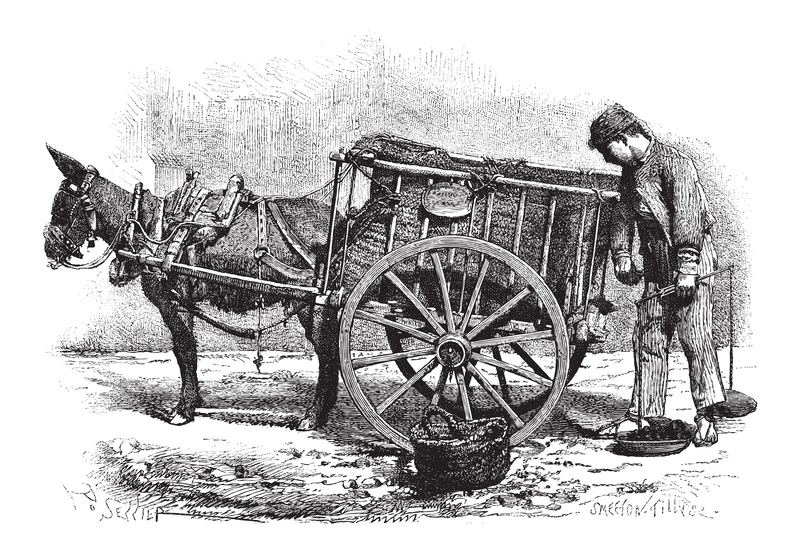Preferred frequency of collection and disposal
Posted on 25/01/2024
Garbage disposal is something that every city needs to handle in order to keep it from becoming clogged and overflowing. Cities across the world are continuously trying to find ways to manage their garbage better and improve their sanitation systems. One of the most important factors related to this is the frequency of collection and disposal of waste. Establishing a preferred frequency of collection and disposal is necessary in order to ensure that waste is managed effectively and efficiently without causing unnecessary pollution or harm to the environment.
What is Waste Collection and Disposal?
Waste collection and disposal describe the process of collecting and disposing of garbage or other unwanted materials from residential, commercial, or industrial sites. This can include solid waste, sewerage, hazardous waste, or even recyclable materials. In most cases, these materials are collected on a regular schedule using trucks or other types of vehicles that are equipped with specialized equipment for picking up and disposing of these materials.

Why Is a Preferred Frequency Necessary?
A preferred frequency of collection and disposal is important for ensuring that all waste materials are disposed of safely and properly, as well as preventing any health risks associated with an increase in waste buildup due to inefficient garbage management. Without an established frequency for collection, certain areas may become particularly susceptible to overflowing garbage bins, which leads to an increase in pest activity as well as potential water contamination. Additionally, improper disposal can lead to air pollution due to decomposing organic matter releasing emissions into the atmosphere.
How Is Frequency Determined?
There are several factors that need to be considered when determining the best frequency for garbage collection and disposal. These include the amount of trash generated in an area over a given time period, the capacity of existing disposal systems, regulations set forth by local governments, population growth trends in an area, weather patterns affecting an area, availability of resources for disposing of trash safely and properly, seasonality issues (i.e., increased amounts of trash during summer months versus winter), as well as other pertinent environmental concerns such as air quality or energy consumption.

Best Practices for Setting Up a Preferred Frequency
When considering what kind of system should be put in place to determine a preferred frequency for garbage collection and disposal, it's important to take into account all relevant factors involved with managing waste in an area. It's also beneficial to consider how different factors affect one another; for example, population growth may necessitate increasing the amount of pickups per week depending on where you are located geographically since people produce more waste than animals do naturally. Additionally, different types of trash require different amounts of time before they need to be collected; food scraps don't need weekly pickups while yard waste might need frequent attention during peak seasons like springtime when plant material starts dying back after being dormant during winter. Having a comprehensive plan in place prior to implementing regular pickups will ensure that resources are allocated efficiently while also minimizing inconvenience caused by unexpected delays or inadequate coverage levels.
Conclusion
Efficiently managing waste is essential for keeping our cities clean and healthy for both people and animals alike. Establishing a preferred frequency for collecting and disposing garbage helps ensure this goal is met without overwhelming existing disposal systems or exposing people living nearby these sites from potential health hazards due to an accumulation of garbage over time. By taking into account all relevant factors such as population growth trends in an area, available technology used for removing waste safely, local government regulations concerning sanitary matters, among others; cities can proactively work towards creating safe environments through effective methods like establishing specific frequencies related to handling refuse appropriately at regularly scheduled intervals.
Latest Posts
Enhance Business Efficiency with Waste Collection

